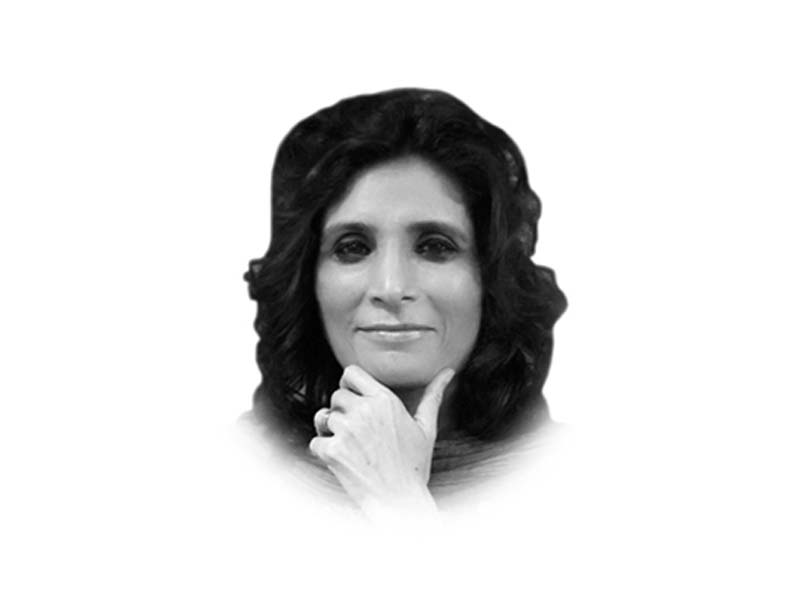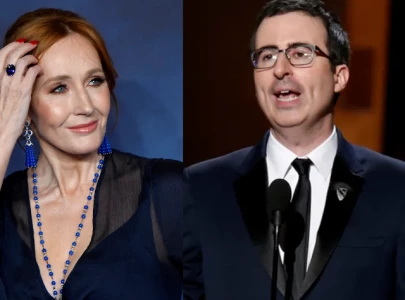
However, elections in Pakistan have become more about who holds power, position and wealth. The 1970 elections of Z A Bhutto are repeatedly quoted as the first change into people power politics where the fiery Bhutto brand coupled with the roti, kapra aur makaan appeal to the masses swept across the country to introduce democracy as it is supposed to be. However, power and money soon took over. A combination of bad performance by the PPP and then the PML-N, corruption and breathing down dictators gave rise to politics of compromises that reduced the voter choice to a stamp.
Elections all over the world are an expensive business. Campaigning in a constituency requires getting your message across thousands of voters. In more developed democracies, the ability to raise funds for an election campaign requires prime and professional ability. Recent elections in the US and the UK were examples of how funds were raised from various sources to sponsor the election. The sources of funds are transparent and audited, according to the rules allowed. In Pakistan, elections have become a mega expensive exercise due to two factors. Firstly, getting the voter attention and interest based on your performance and secondly, to buy votes if the performance is not good enough to attract them.
Thus, the difference between the fund-raising done in the developed countries and in Pakistan is the sources of funds. While in the developed world funds are transparently collected from various donor categories, in Pakistan, they are non-transparent as they may be misuse of government resources or funded by external stakeholders. That is why democracy has become a game of having the power and the money to influence voters through push and incentives. In the past both the PPP and the PML-N have used their sectoral and provincial influence to ensure ballots with predetermined wins.

The majority of the voters are themselves dependent on the dole outs of the powerful landlords or businessmen, as they have been reduced to abject poverty and illiteracy where any semblance of free money or benefits can help in their battle of day-to-day survival. The formula is simple: deprive them of their basic rights for four years and in the fifth, start throwing a few ostentatious development projects for them to keep on re-electing you.
The NA-120 election is a classical case study for what has been happening to voters in Pakistan as well as what can happen to voters in the future. A constituency that has been a fortress of the Sharif dynasty for 30 years, where on-ground situation is abysmal. Yet they keep re-electing the PML-N candidates. However, the election held on 17th September 2017 may have changed the fate of voters of not only this constituency but many others in the 2018 elections.
It was a fight between the wife and daughter of Nawaz Sharif vs a middle-class doctor from the PTI. For the PML-N, this was an extraordinary election. Not just because it is a traditional PML-N seat but because post-Panama it had become a matter of life and death for them. Thus, the traditional method of using power and money was at its blatant worst. The Election Commission played the role of a post office where petitions on MNAs, MPAs and public office holders violating the code of conduct were dealt with meaningless notices issued. Billions of rupees of development projects, jobs, postings and transfers were made.
These are the methods that dominate electioneering in Pakistan. However, PTI candidate Dr Yasmin Rashid, who was neither a public office holder nor a rich business person, resorted to the foundational technique of a door-to-door campaign. This method has gone out of fashion. It is tough and exhausting but is perhaps what voters deserve. In the end, the battle was between personal connect with voters vs the price of each vote in terms of money and benefits given. The results are encouraging, as while Dr Yasmin secured more votes than in 2013 elections given that the turnout was low, the PML-N lost almost 30,000 votes in comparison.
More than the win or loss in this election, the ray of hope was the restoration of the status of the voter. In the last three decades, the voter has been demeaned to the level of a commodity. It is traded on the election exchange and the bidder misuses his power to trap the voter into making enslaved choices. By going to the voter doorstep, requesting, educating and respecting his mental and emotional understanding, an initiative of restoring the status and dignity of the voter has emerged as a ray of hope for the 2018 elections.
Published in The Express Tribune, September 23rd, 2017.
Like Opinion & Editorial on Facebook, follow @ETOpEd on Twitter to receive all updates on all our daily pieces.



1731975305-0/Untitled-design-(40)1731975305-0-165x106.webp)
1731975060-0/Untitled-design-(39)1731975060-0-165x106.webp)


1729685382-0/Untitled-design-(57)1729685382-0-270x192.webp)




COMMENTS
Comments are moderated and generally will be posted if they are on-topic and not abusive.
For more information, please see our Comments FAQ